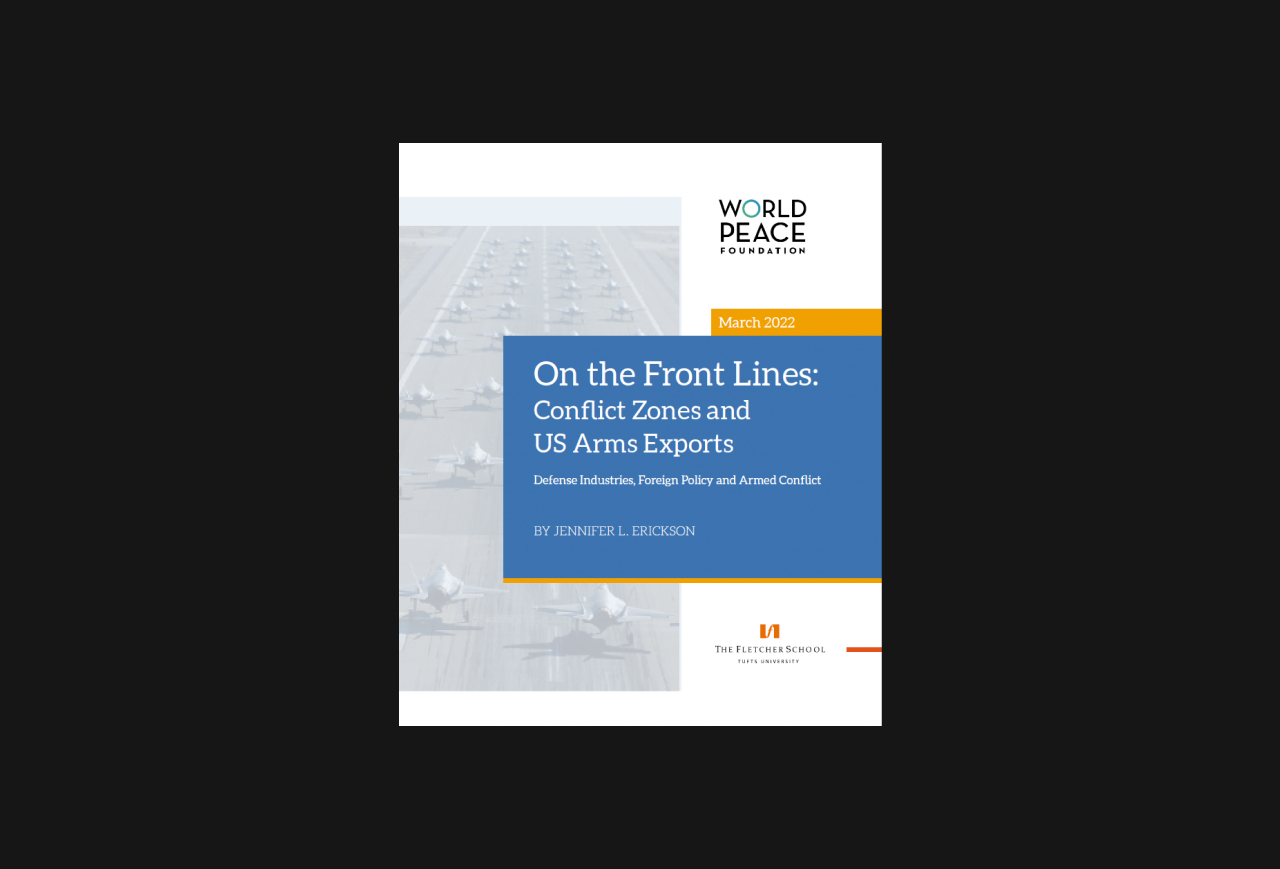By Bridget Conley and Alex de Waal
On September 5, 2013 we argued in The New York Times against the Obama Administration’s proposal to respond to the crossing of a red line in Syria – use of chemical weapons against civilians – by arguing that bombing for bombing’s sake was ill-conceived as punishment, failed to protect civilians and hindered peacemaking.
The question was not then, as it is not now, whether gassing civilians is acceptable. It is illegal and atrocious. The question remains one of the best strategy for protecting civilians and how use of force might play a part in service of this goal. Ending atrocities can have a military component, but ultimately it demands a political agenda and strategy.
Bombing as an expression of disgust with the use of certain weapons is a form of self-indulgent posturing: muscle flexing and staring into the mirror to try to see oneself looking bold and powerful. For an American foreign policy that has been on military steroids since September 11, 2001, this is reflexive action. It is not foremost about Syria or civilians, it is about Americans.
Yet Syrians will continue to pay the price. Syrian civilians have been killed by their government relentlessly for five years. The use of chemical weapons is deplorable because such weapons are inherently indiscriminate in their targeting, but it would be foolish to forget that the Syrian government has perpetrated many other war crimes persistently and on a greater scale since the war began six years ago. Given its superior air power and ground forces, bolstered by Russia, it has consistently been the primary perpetrator of violence against civilians in the war, along with direct targeting of political opponents within its areas of control. Its criminal conduct is matched by the deplorable ideologies of the extremist groups that have thrived during the war.
Given the dismal array of actors who have been able to gain authority through the years of war, and the overall patterns of violence, concluding the war is the most important goal. To this end, a wedge needs to be driven between the Asad regime and its Russian and Iranian life support system such that sufficient compromises are made at the negotiating table to achieve a workable compromise with the opposition. The government’s use of chemical weapons could have served as such a wedge: Russian credibility is on the line and the Iranians have sufficient memory and widespread public abhorrence of chemical weapons, which the late Ayatollah Khomenei condemned as evil.
But the U.S. today more perhaps than at any point in its history, lacks the diplomatic power and capacity to recognize this opening. The long road to thinking about the world as a space available for target practice was not begun by the Trump administration: it was developed at scale by President George W. Bush and scaled back but regularized by President Barack Obama. There is no clear indication of a “Trump Doctrine” in the use of force, but there is no indication that this particular show of force has been carried out in pursuit of anything other than advertising America’s muscle. It is very likely that diplomacy, hence strategy, is the first casualty.


